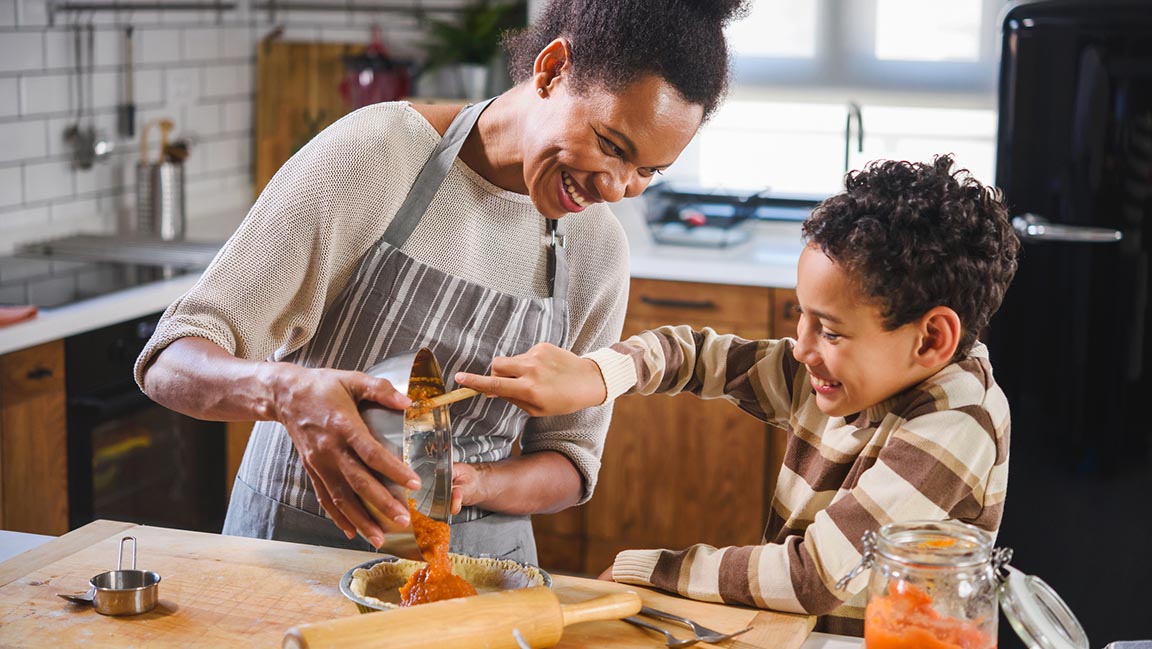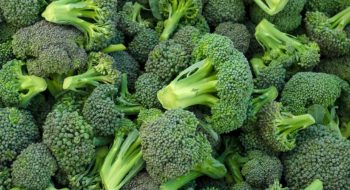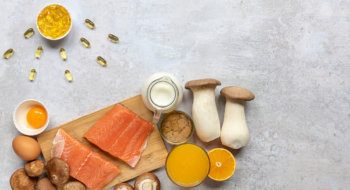Thanksgiving is a welcome opportunity to relax and take a break from your normal routine, but with so much food around it’s easy to veer away from healthy eating habits.
Even if you enjoy a bit too much turkey, stuffing, potatoes or pie, there’s no reason to fret, says Jamie Kandora, clinical nutrition manager for Tidelands Health.
The important thing is to not let one day of overeating deter you from your long-term health goals.
“A healthy lifestyle isn’t defined by one day or one meal – it’s the culmination of choices we make over the long term,” she says. “If you overeat or don’t find time for your normal exercise on Thanksgiving, it’s not something to overly concern yourself with.
“The key is to keep a positive attitude and get back to your normal routine the next day.”
According to the American Calorie Control Council, a traditional Thanksgiving meal is 3,000 calories, far more than the average adult’s daily recommended intake of 2,000 calories. Add in drinks, dessert and appetizers, and a Thanksgiving meal can deliver 4,500 calories.
To help manage your calorie consumption, Kandora offers these helpful tips:
Eat normal meals beforehand
Although it may seem counterintuitive, make sure to eat your normal meals before your Thanksgiving feast.
“Skipping meals beforehand may seem like it would help reduce your overall daily caloric intake,” she says, “but instead it tends to cause people to overeat when they have the chance.
“Eating your normal course of meals throughout the day will help keep your appetite in check when it’s time for the big Thanksgiving meal.”
Plan your splurges
It’s also a good idea to consider beforehand which dish or aspect of the meal you’ll most enjoy as an indulgence.
“Choose your splurges,” she says. “If you really enjoy dessert, then try to scale back how much you eat during the main meal.”
Take breaks
Taking your time when eating can also help reduce your caloric intake without impacting your enjoyment of the meal.
“Stretch the meal out,” she says. “It takes some time for your stomach to recognize that it is full.”
Eat the healthy stuff first
Deciding what to eat first can also impact the health of a meal.
“I generally encourage people to eat their vegetables first,” she says. “By filling up on the good stuff, people tend to consume less of the high-fat, high-calorie dishes on the table.”
Beware hidden sources of calories
Although the high caloric count of some foods is well known, some sources of calories — such as alcoholic drinks — are less obvious.
“Be mindful of what you’re drinking, especially specialty drinks because they can have a lot of calories,” Kandora says.
To minimize alcohol consumption — and the extra calories it entails — she suggests alternating alcoholic drinks with glasses of water.
“Drinking water will help keep you hydrated, and it can also help you feel fuller,” Kandora says.
Find an activity to enjoy
For many people, Thanksgiving is synonymous with football. But instead of watching it on TV, Kandora suggests getting outdoors and playing it with your friends and family.
“Try to make activity part of the day, too,” she says. “Play a game of tag football or go outside for a walk.”
Even if you end up overeating on Thanksgiving, Kandora says it shouldn’t be cause for concern – just make sure to get back to your normal,healthy routine the following day.
“We all fall off the horse sometimes,” she says. “When that happens, just wipe off the dust and get back on.”

Jamie Kandora
Clinical nutrition manager at Tidelands Health
Bio
Jamie Kandora is the clinical nutrition manager at Tidelands Health.
Learn MoreMeet the Expert
Jamie Kandora
Jamie Kandora is the clinical nutrition manager at Tidelands Health.





